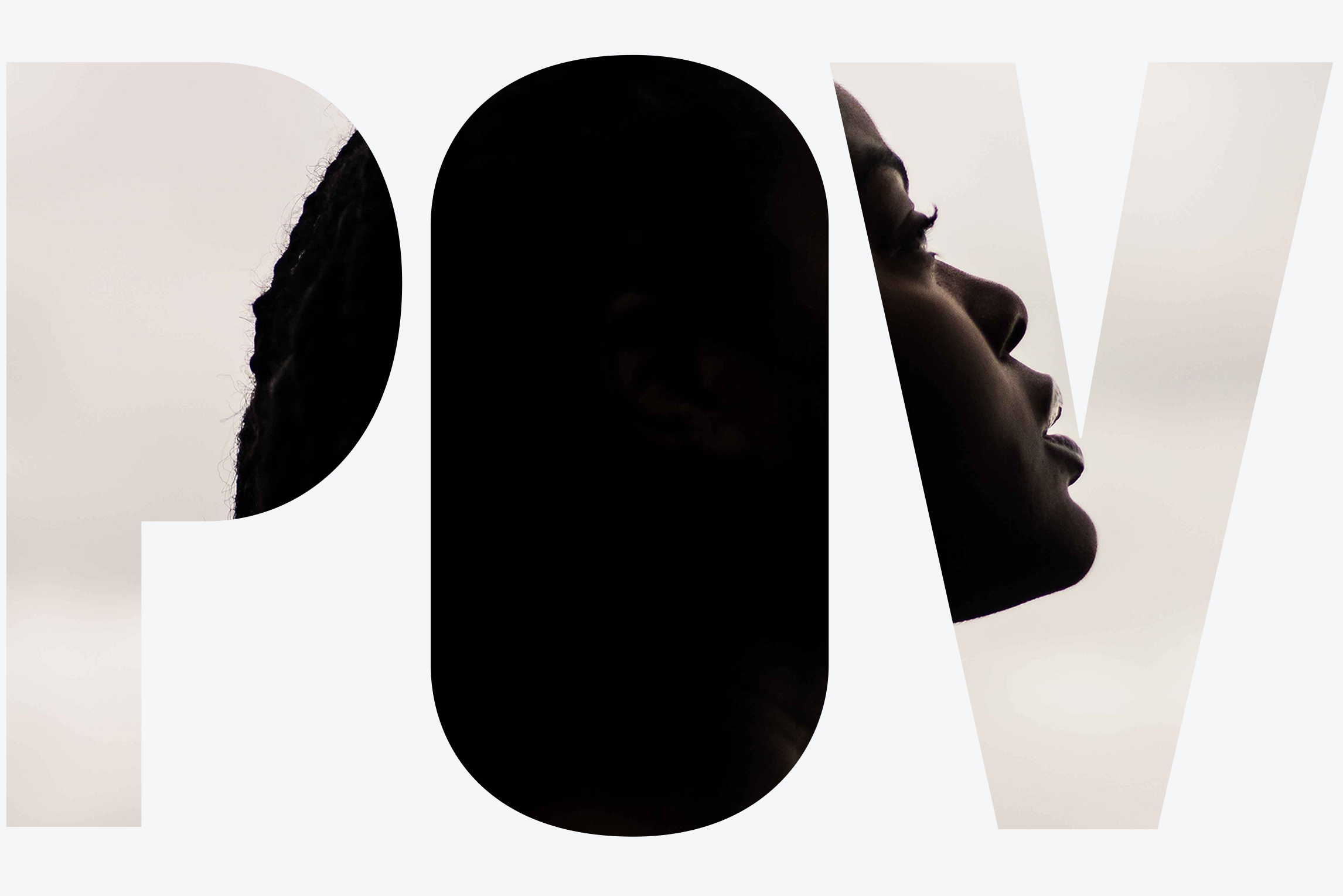POV: What “Strong Black Woman” Means to Me
“We need to care for ourselves and each other,” SPH epidemiologist says

Photo by Jessica Felicio/Unsplash
POV: What “Strong Black Woman” Means to Me
“We need to care for ourselves and each other,” SPH epidemiologist says
The phrase “strong Black woman” evokes both myth and reality. The myth is of a proud, no-nonsense woman who faces hardship with wisdom, but in the end, she must accept her fate. The reality is a proud woman who has no other choice but to persevere, survive. It can often be difficult to distinguish between the two. In honor of Black History Month, I share my perspective.
In the United States, Black women have higher morbidity and mortality rates than white women for almost every major health condition. These words begin most of my research papers and were some of the first words I learned when I began my career as an epidemiologist 30 years ago. Taken alone, these words convey little of the complexities that make up Black women’s lived experiences. For example, compared to their white counterparts, Black women are more likely to be the primary household breadwinner; reside in lower socioeconomic status communities, regardless of their own education or income; hold frontline jobs with limited flexibility or opportunity to telecommute; serve as caregivers within multigenerational households; and experience discrimination and racial bias at every level of society. The research that my colleagues and I have conducted in the Black Women’s Health Study (BWHS) since 1995 explores the health effects resulting from chronic discrimination and bias.
Compared to women who reported no or infrequent experiences of perceived racism or discrimination, those reporting frequent experiences were found to have a threefold increased risk of preterm birth, a nearly twofold increased risk of clinical insomnia, and a more than 2.5 times increased risk of poor cognitive function as they age. While many succumb under this terrible weight, many others continue to show up for their family, friends, and coworkers. Every. Single. Day.
What contributes to this incredible resilience? Data from the BWHS also provide some insight. We queried participants regarding their religious/spiritual and coping practices. Frequent religious service attendance was associated with lower mortality, and using one’s religion/spirituality to cope with stress was associated with decreased risk of hypertension. Also, coping in the form of talking to others about racist or discriminatory experiences, or acting against such experiences, seemed to attenuate or lessen the health impact of these events. These activities emphasize the importance of community—spiritual or secular—in our lives, and how mindfulness, prayer, and activism can provide strength and comfort in a turbulent world. In summary, we need to care for ourselves and each other. In 2021, we saw athletes Naomi Osaka and Simone Biles each boldly engage in self-care by stepping away from competition when their mental health was at risk. In doing so, they opened the door for others to do the same without judgment. Self-care can look different for each of us. For me, it involves reading a book by my favorite author (versus reading the latest scientific paper in my discipline) or completing the daily Sudoku—activities which bring me peace and joy. The recent loss of Chelsie Kryst (former Miss USA and television journalist) reminds us that not only do we need to give ourselves permission to practice self-care, but it is important that we reach out to others for support, as well.
I am reminded of a small group of Black and Latina women who met at dawn during the pandemic to walk the trails of Franklin Park, engaging collectively in a health-promoting activity that they each could not do alone. During their daily walks, they exercised, encouraged, and celebrated each other before departing to their respective jobs. They cared for themselves and for each other. Activism can also take different forms. In recent weeks, I have thought often of the elderly Black women who checked off my name in the precinct books when I went to cast my vote. They remind me of my grandmother, who volunteered for the same job during her retirement years. She taught me that your “vote is your voice” and that it should never be taken lightly. This was her form of activism born of a time when her right to vote was not guaranteed. Perhaps it will be my turn to volunteer and make sure that democracy remains standing for the next generation. These and many other activities, big and small, honor the legacies of strong Black women during Black History Month and every month.
Yvette Cozier (SPH’94,’04) is a Boston University School of Public Health associate professor of epidemiology and associate dean for diversity, equity, inclusion, and justice. She is also a senior epidemiologist at the Slone Epidemiology Center at Boston University School of Medicine, where she coleads the Black Women’s Health Study. Her research interests include the influence of genetics and social factors (e.g., neighborhood socioeconomic status, experiences of racism and discrimination) on cardiometabolic diseases and sarcoidosis. She can be reached at yvettec@bu.edu.
“POV” is an opinion page that provides timely commentaries from students, faculty, and staff on a variety of issues: on-campus, local, state, national, or international. Anyone interested in submitting a piece, which should be about 700 words long, should contact John O’Rourke at orourkej@bu.edu. BU Today reserves the right to reject or edit submissions. The views expressed are solely those of the author and are not intended to represent the views of Boston University.
This opinion piece was originally published on the BU Women’s Guild website in honor of Black History Month.
Comments & Discussion
Boston University moderates comments to facilitate an informed, substantive, civil conversation. Abusive, profane, self-promotional, misleading, incoherent or off-topic comments will be rejected. Moderators are staffed during regular business hours (EST) and can only accept comments written in English. Statistics or facts must include a citation or a link to the citation.